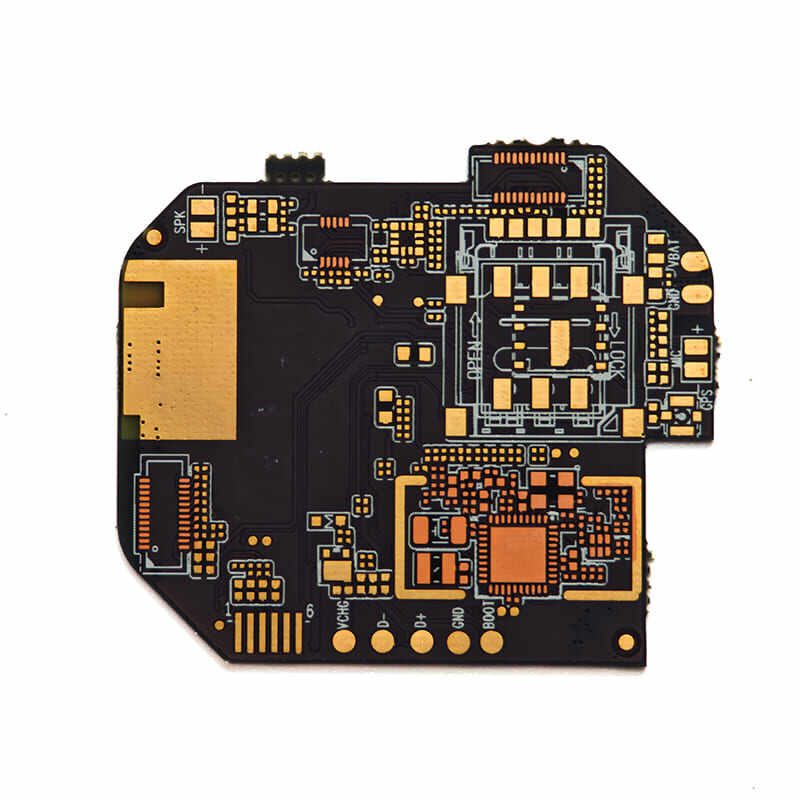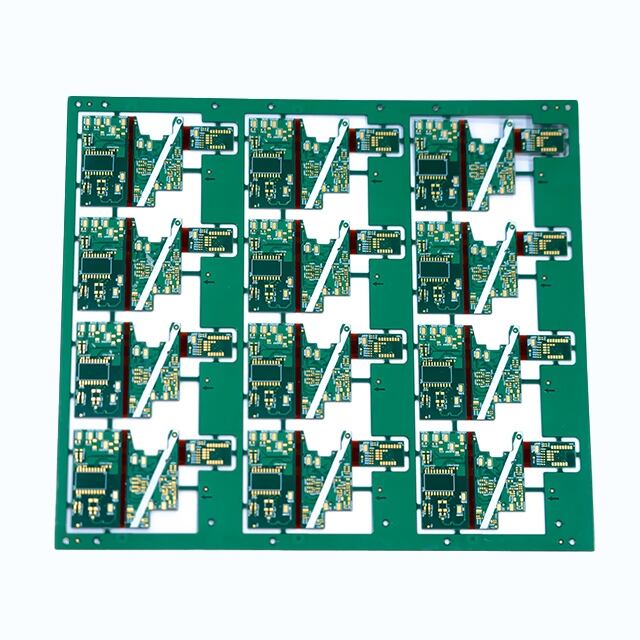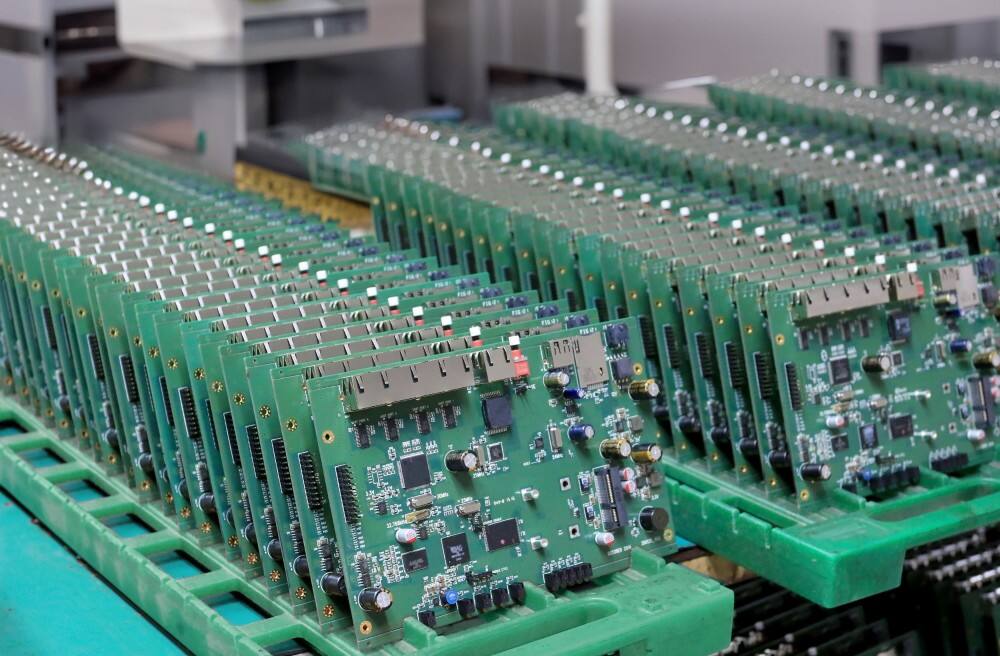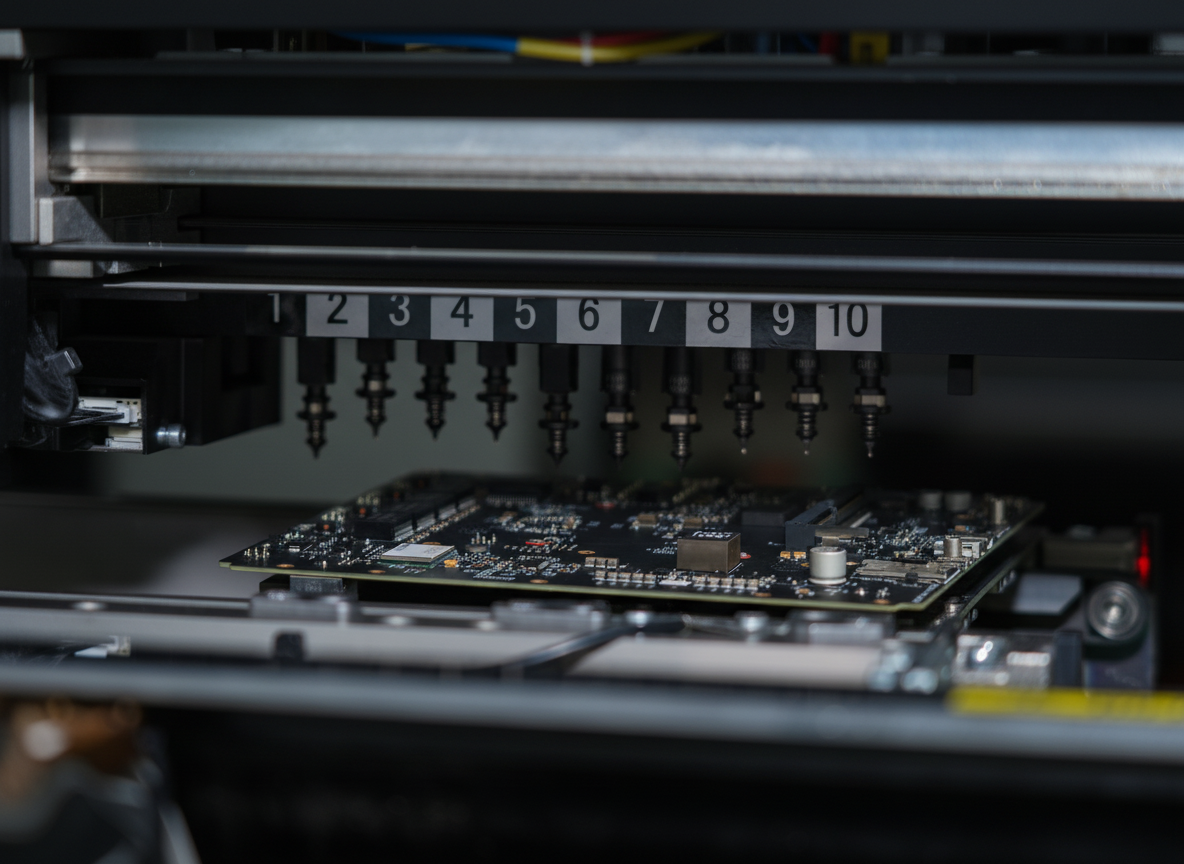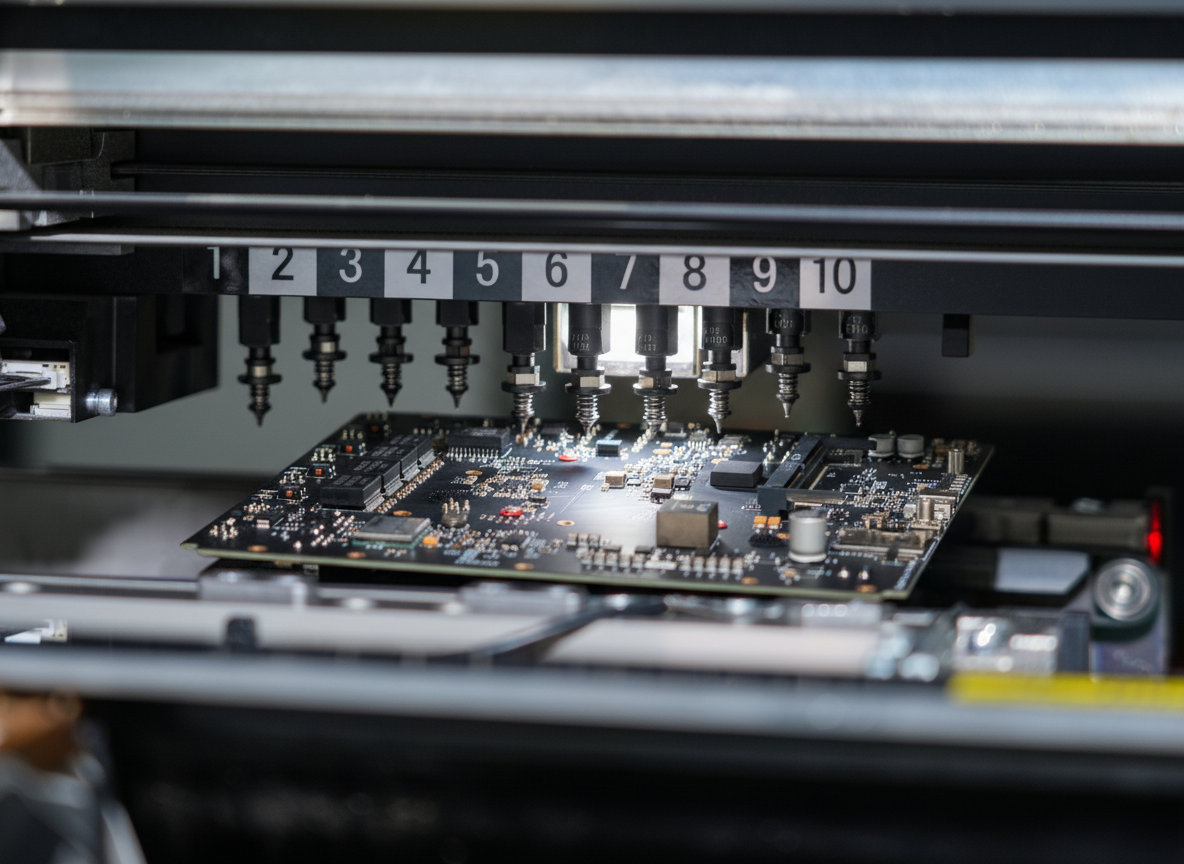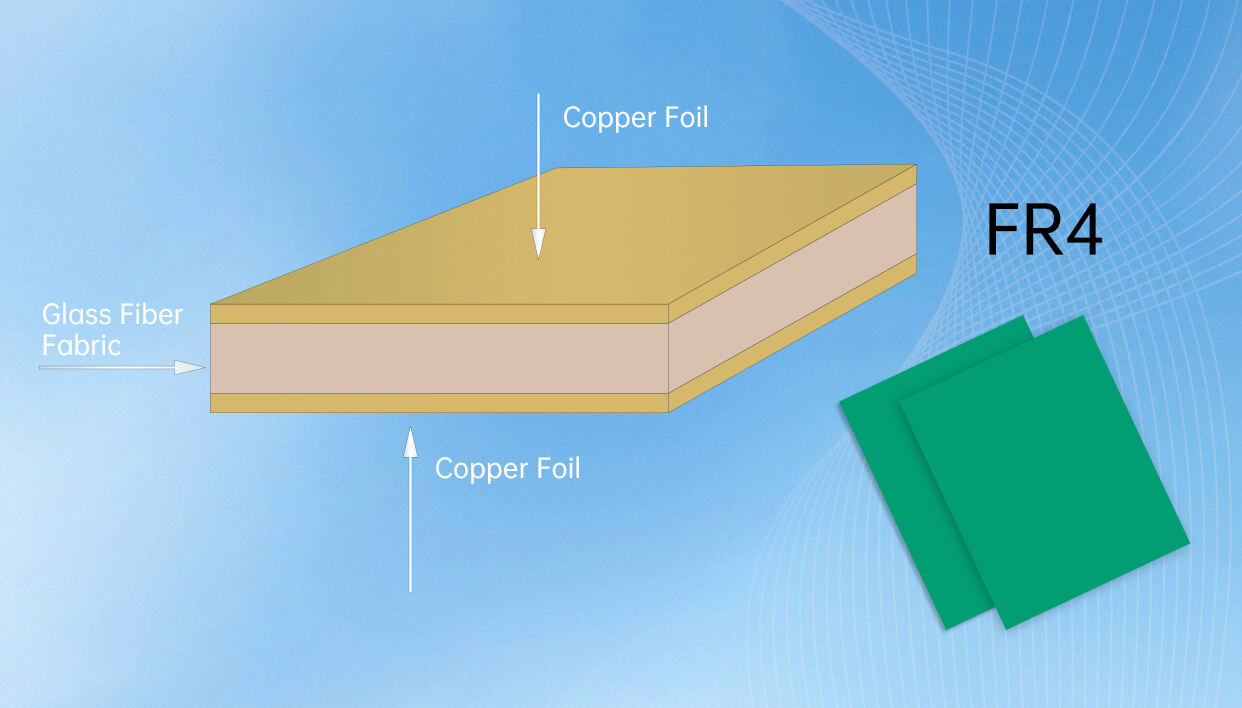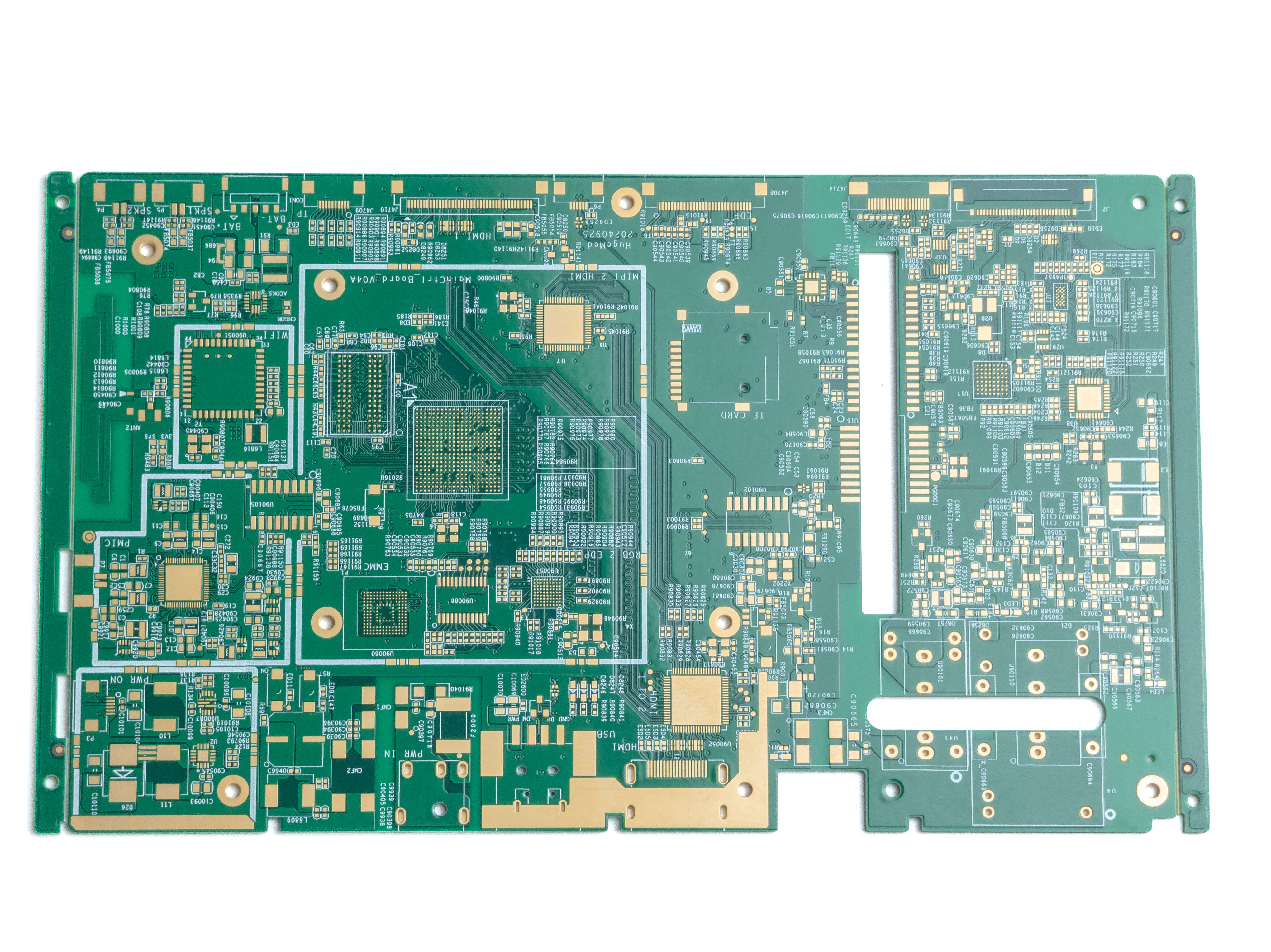תכנות IC
תכנות IC, הידועה גם כתכנות מעגלים משולבים, מייצגת היבט מכריע בפיתוח האלקטרוניקה המודרנית. תחום מיוחד זה כרוך בכתיבה, בדיקת ויישום קוד ששולט בהתנהגות של מעגלים משולבים, שהם אבני הבנייה הבסיסיות של מכשירים אלקטרוניים. תכנות IC כוללת שיטות שונות, כולל פיתוח תוכנות יציבה, תכנות מיקרו בקר, וסידור FPGA. מהנדסים משתמשים בכלים מיוחדים וסביבות פיתוח כדי ליצור קוד יעיל שמגדיל את הביצועים של מעגלים משולבים תוך שמירה על צריכת החשמל למקסימום. התהליך כולל בדרך כלל שלבים מרובים, מהעיצוב הראשוני והסימולציה לבדיקה והיישום הסופי. תכנות IC מודרנית תומכת בשפות ותקנות תכנות שונות, המאפשרות למפתחים ליצור מערכות בקרת מתוחכמות, יחידות עיבוד נתונים ויישומים מוטבעים. התחום דורש ידע נרחב של ארכיטקטורת חומרה ועקרונות פיתוח תוכנה, מה שהופך אותו לחשוב ליצירת מכשירים חכמים, מערכות אוטומציה תעשייתית ואלקטרוניקה לצרכן. תכנות IC כוללת גם כלים לתיקון שגיאות, ממשקי תכנות ושיטות אימות כדי להבטיח תפעול אמין ביישומים בעולם האמיתי.

